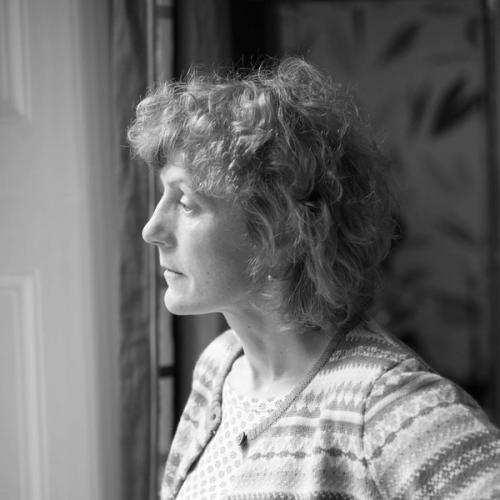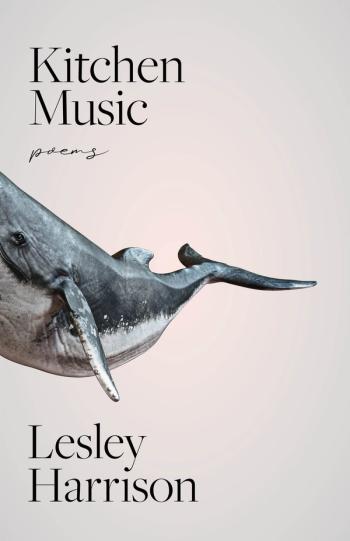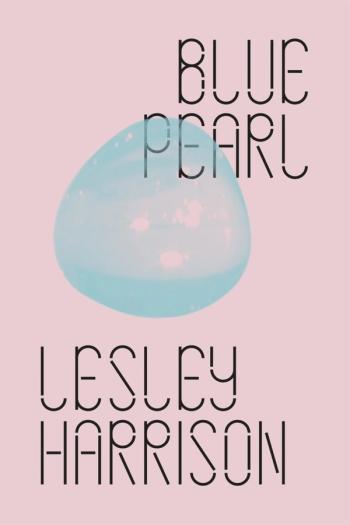With a contribution by Kirsty Gunn
and the end of the street / is the limit of the world / where the ocean retreats and retreats
In her first book-length collection of poems to appear in the US, Lesley Harrison looks north to the sea, with the heat of the land at her back, to bring us meditations on whale hunts and lost children, Manhattan sky towers, and the sound of the gamelan in the Gulf of Bothnia. A poetry of spareness in multilayered depths, of textural silence and aural place, Kitchen Music plunges deep through the strata of language where “weather is body” and an Iceland poppy is “as delicate as birch.” In poems and sequences of poems, Harrison spins folktales into threads of family and gender, engages with the work of the artists Roni Horn and Marina Rees, transcribes John Cage and Johannes Kepler into song and litany, pens a hymnal of bees, and turns to storms, glaciers, and the lapwing life in a field of young barley. As the novelist Kirsty Gunn writes in the foreword, Harrison has “taken up the old white whale of the fixed and masculine narratives and made of its seas and weathers her own Moby Dick, a female poetry ‘in praises / repeated, repeating.’”


